You use water for many things. It is necessary for bathing, cooking, washing clothes and for drinking. But the water we use in our homes is not pure. It has plenty of other minerals and additives suspended inside. While some of these, like fluoride, are intentionally added to the water supplies in certain areas, some others get in by chance.
Aside from actual pollutants, the additives you may be the most concerned about finding in your water are calcium and magnesium. These minerals are picked up by water as it moves through the ground, and the more of them that get into your home water supply, the harder that water will be.
The term hard water is used to describe water with high levels of calcium and magnesium present. These minerals are not actually dangerous to us, but they can cause all sorts of problems for your indoor plumbing and other household systems. For instance, hard water will leave deposits of these minerals on the insides of pipes and on sinks, faucets and bathtubs.
Residue will also build up in appliances like coffee makers, dish washers and washing machines. Over time these buildups can become a real problem and you may have to pay for costly repairs or need to replace large appliances.
In order to avoid these types of complications, your best bet is to have a water softener installed. These systems can be connected directly to your home water source and they are able to remove excess calcium and magnesium from the water before it ever reaches any of your indoor plumbing or appliances.
Water softeners generally remove these minerals by attracting the positively charged calcium and magnesium particles with a tank full of negatively charged polystyrene particles. In this system, the calcium and magnesium are replaced by sodium ions as they move through the water softener, thereby maintaining the overall balanced composition of the water. Once the water has passed through and the calcium and magnesium have been left behind, the water softener will flush them out and prepare to absorb another wave of hard water minerals.
Continue Reading
Tags: Anaheim, Fountain Valley, Garden Grove, Orange County, Plumbing, water softener
Posted in Services | Comments Off on How a Water Softener Works
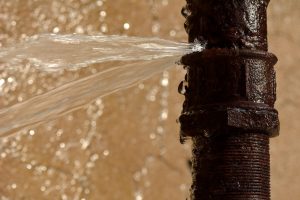

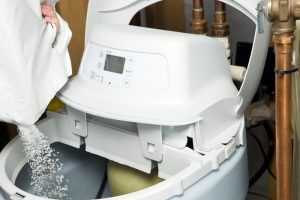
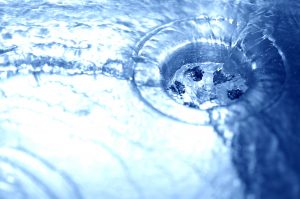
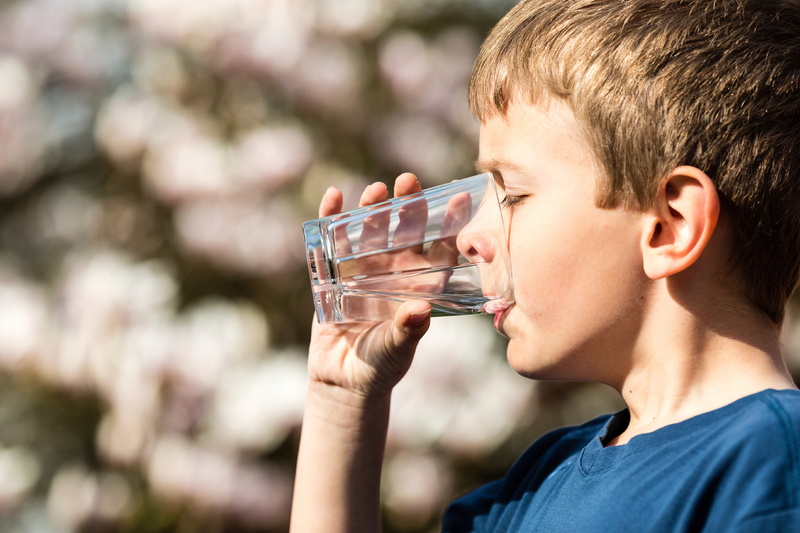
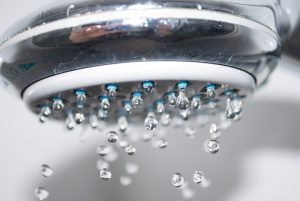 “Do I need to have a whole-house water treatment system?”
“Do I need to have a whole-house water treatment system?”